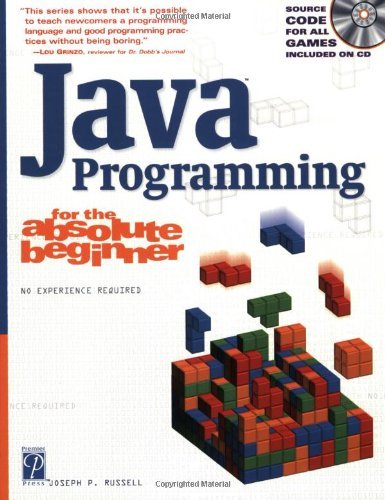Being Interested in Something
Written by: Timlah | Written on: 13 Feb 2026 | Estimated reading time: 4 minutesIt's so easy as someone employed in a tech field to be desensitised to what's going on in the world right now. AI springing up everywhere, much of which poses dire consequences. Scammers running rampant, making it harder to determine what work out there is legit or not. Sometimes, I've found it easier to think 'I should bury my head in the sand that is my work', ignore the outside world.
But that's not what brought me to the dance.
Why being interested matters When I was a young teen, maybe 13 (although it may have been even earlier), I stumbled upon a book at Waterstones. I loved video games so much, that I spotted a book in the corner of my eye that I had to investigate. For £16.99, a book which had a cover of what I can only describe as "3D Tetris". My mind was immediately drawn to the idea - This was a book that I could work through to have my own 3D Tetris? I had to get it!

As cool as the cover was, the book did not teach me how to make 3D Tetris. However, there were a bunch of games I could make by following the guide. I got to learn some Object-Oriented Programming, I got to learn about the Java Virtual Machine and what the Java Development Kit was. All of this is to say that there was a lot of learning packed into this one book, that young me swallowed up and enjoyed every moment of.
I remember the feeling of developing a working game, despite how simple it was. The first "real" game that was in the book was a classic memory game - You have a grid of squares with a cover image (I think this was just a question mark), find matches by clicking a square to reveal the image underneath. It was buggy each time I made a typo - Reading from a book and typing out the commands.
But, I also spent time tweaking and tinkering - Answering questions for myself: Can I add more cells to the grid? Can I add more images to match? Can I make it a match 3?
Modern times and modern problems Now we're in 2026, we're in the midst of an era where GenAI is all over the place, there are layoffs from big tech companies left, right and centre - and the world feels like it's just one bit of bad news after another.
However, I do work professionally in a software development capacity, something that I guess I was building up to since I was a kid. I'm currently working in frontend, but effectively being full stack in Scala Play. Still within the JVM and I still have those moments of wonder, where I tinker with something and get excited by the results it produces. It's just the things that excite me have changed.

As developers, we need to be interested and challenged. That's what drives us. But GenAI doesn't need to be interested. It doesn't need to care. There may be AI agents that purport to be interested and to care, but they don't need to be, not in the same way we do. Not as they are in their current state, anyway - And the less said about extreme cases like this matplotlib exchange, the better.
That's our biggest strength as developers - and indeed as a species. We are still curious, but there are times you can see the curiosity slipping. In a world that is constantly pumping out content, we need to remember what brought us to the dance in the first place. We need to remain inquisitive, we need to remain curious and overall, we need to understand and share our understanding. I'm not necessarily going to say anything bad about GenAI, I do think it has plenty of problems, but I also understand that pandora's box is open. I'd rather keep getting better myself, tinkering and remembering to be interested in something, whatever it is.
That's all for today, I just wanted to write this as a means of catharsis for myself really. I was falling down a small well of 'why should I bother?' but then I remembered what brought me to the dance in the first place. I'm passionate about making things work, wonky though it may be.
I hope you too will keep on chasing your passion and being interested in whatever you're interested in. Don't let advances in technology get you down; your curiosity is your greatest strength.
Much love, happy tinkering - Timlah